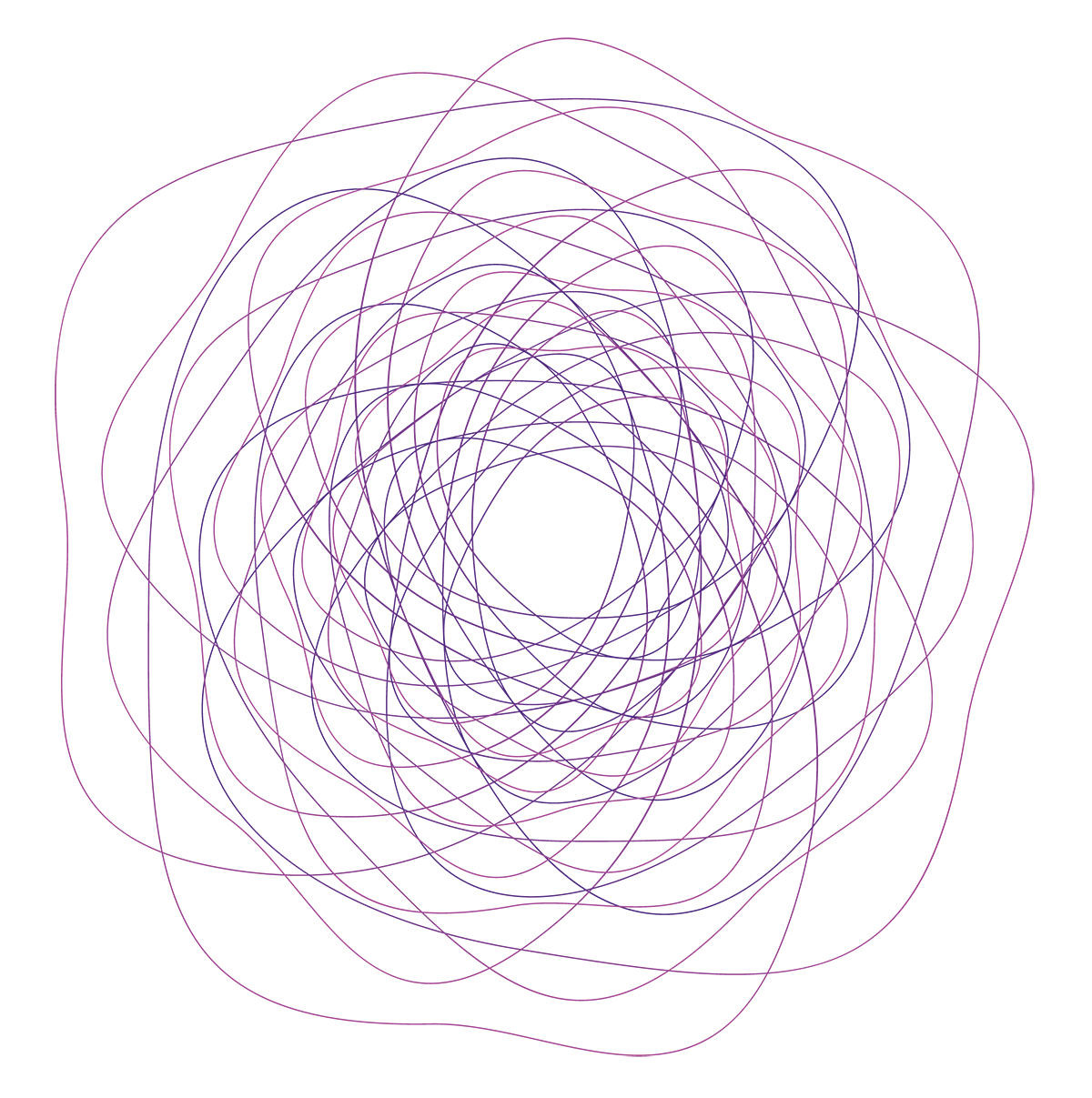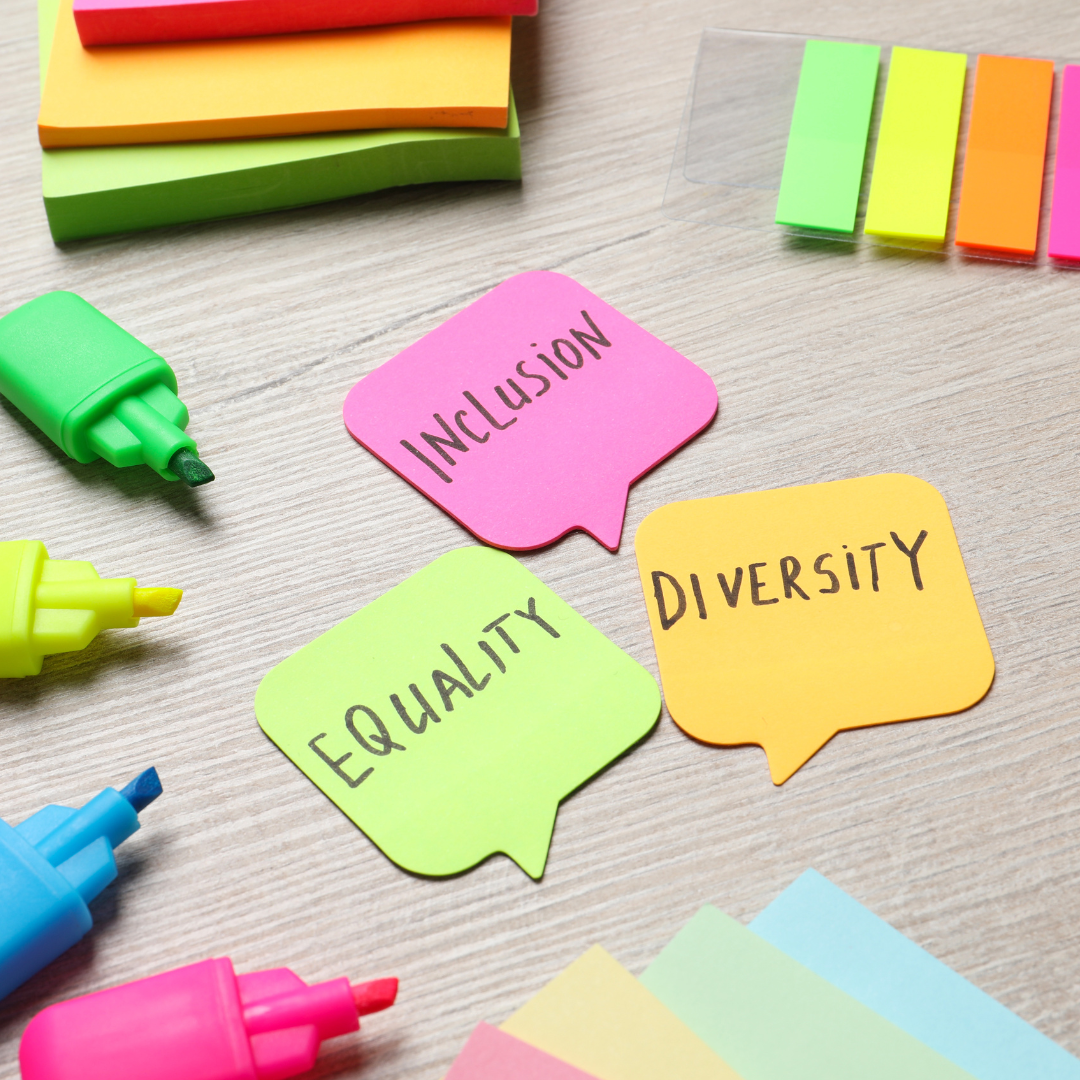Creating a more diverse and inclusive workplace is not only the right thing to do but it also makes business sense. Creating and nurturing a culture where all people can show up to work as their true authentic self can result in better employee satisfaction, better performance, it improves global image and it can result in higher profitability and financial gain.
An important aspect of creating an inclusive culture is the use of language in the workplace.
Language has the ability to build authentic relationships and forge connections. However, it can also create barriers and impact a sense of belonging. Inclusive language is the words and phrases used that avoid bias, slang and expressions that may discriminate against groups of people based on race, gender, identity, ability, socioeconomic status and more. When we use inclusive language, it is easier to resonate with all people and to create a sense of belonging and a mutual understanding where all people feel welcome and valued.
Being aware of language used in policies, procedures and spoken language in the workplace can be an important step towards creating a culture where there is consistent communication using words, phrases and expressions that avoid assumptions or exclusion. This can often be unconscious or the result of systematic beliefs we are all conditioned with and so can be challenging to unpack and re-build daily through awareness, understanding and practise.
Inclusive language is important because it promotes good mental health and belonging, it speaks to all people, it encourages tolerance and acceptance, it is sensitive to differences and equality, it encourages all people to be themselves and it is inclusive to all people. It is paramount to remember that when we are beginning this journey that it does take time to build habits so be patient and compassionate with yourself and others!
Beginning the process may look like knowing your audience, ensuring the message does not exclude or appear to exclude any groups of people, using respectful language that acknowledges people’s identity and humanity and using people first language. For example, ‘people with disabilities’ or ‘people from a global majority background’. While there may not be universal consensus around language, be willing to ask the questions, we would encourage workplace surveys or embedding this into the DEI strategy or working group if there is one. Always encourage a trusted space when using language in the workplace and be aware that language is always evolving so seek continued learning or training on the meaning of words and how people self-identify.
The use of pronouns in the workplace can be another good starting point. Pronouns are the words we use to refer to people’s gender in conversation and a part of our daily language. This is the smallest and most natural way to acknowledge and respect someone’s identity. Pronouns can include he/his, she/her, they/them and more. These can show up in e-mail signatures, LinkedIn bio’s or Zoom/Teams name and nurtures a space where all people regardless of gender feel included.
Some examples of inclusive language may include;
- Using gender neutral terms. Instead of ‘guys’ use ‘folks’, ‘people’ or ‘everyone’. ‘Folx’ is another alternative that is used to specifically display inclusion of gender- queer, transgender and agender.
- Using language that does not assume heterosexuality as the norm. For example, instead of ‘husband’, ‘girlfriend/boyfriend’ or ‘wife’ use ‘partner’ or ‘spouse’.
- Recognising diverse family formation. When talking about family set up instead of ‘mother’ or ‘father’ use ‘adults at home’.
- Avoiding exclusionary or patronising comments to black or brown colleagues like ‘Where are you from?’ or touching their hair.
- Being mindful of stereotyping or assumptions about members of a particular racial, ethnic or national group.
- Avoiding terms that contribute to stigma around disabilities or mental health. Instead of ‘suffers from a mental health issue’ try ‘experiences mental health issue’.
Be patient and compassionate with yourself and others in the workplace and keep in mind that moving towards a diverse and inclusive workplace takes time and effort.
At Diversity Mark we will always meet you where you’re at on your diversity and inclusion journey and will support and guide you on each step of the way in helping your organisation make positive impact on all people in the workplace and transforming lives for the better.
Book a call with one of the Diversity Mark team to learn more or email info@diversity-mark-ni.co.uk





